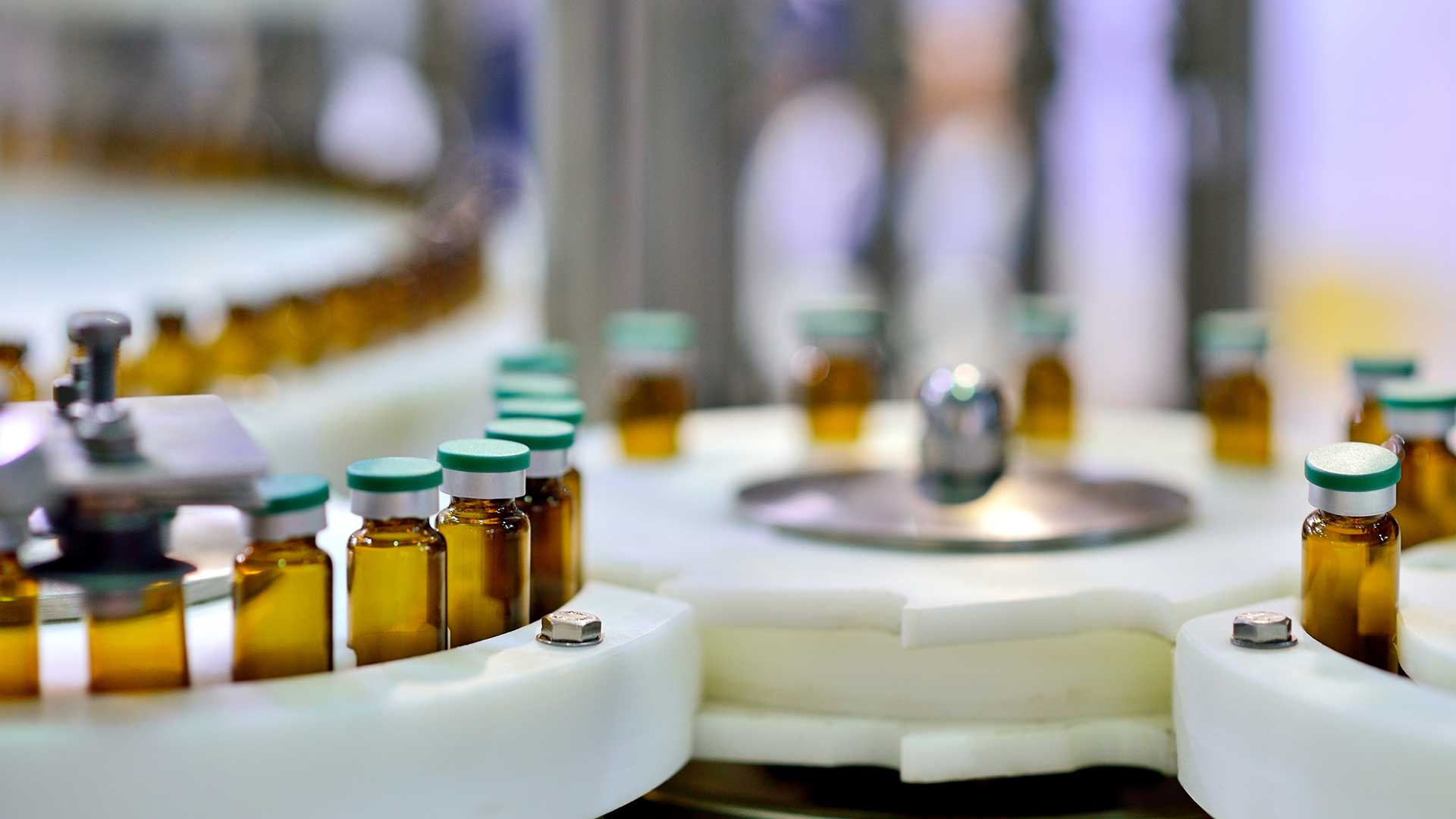Introduction
Business leaders in the life sciences industry – across pharmaceuticals, biotechnology, and medical devices – are embracing the shift to digital. They are incorporating agile practices that span their operations from R&D and manufacturing to distribution. Many are investing in programs to modernize systems, leverage actionable insights, and promote evidence-based decision-making. Technology can be a game-changer for these companies to accelerate speed to market and enhance patient experience through relevant and safe products.
Top Trends in Life Sciences in 2023
A major development is that life sciences companies involved in medical research are opting for decentralized clinical trials to better understand diseases, develop geo-specific vaccines, and issue personalized medicine through direct-to-patient models (1). According to one survey, more than 75% of companies are using remote trials post-pandemic, a trend that is expected to sustain in the future (2). However, as the channels for data exchange increase, concerns over cyber risk will persist. For example, in 2021, cyber-attacks against healthcare increased from 7% to 17%. Thus, companies are also looking for solutions that secure clinical trial data to ensure patient safety (3).
Another emerging pattern is that of shorter drug development cycles, driven by the demand for smaller carbon footprints and swifter patient access to medicines. It will have a far-reaching impact on manufacturing practices as well as the regulatory landscape. Pharmacovigilance practices must be optimized to rapidly review, test, and approve innovative drugs and devices. Drug manufacturers must build smart factories with real-time monitoring to ensure agile production and prevent counterfeiting. These capabilities are also necessary to make supply chains more resilient to global shifts.
On the consumer front, a key trend is that of individuals increasingly focusing on overall wellness by making responsible lifestyle choices. This is a promising opportunity for life sciences companies to develop products, apps, and devices that gamify wellness, track diet and exercise behavior, reward positive habits, and more.
Next-gen Technologies for Life Sciences in 2023
Technology can enhance the operations of medical devices, pharma, and biotech companies for faster and value-generating outcomes. Currently, wearables technology is becoming popular for monitoring patients as well as helping customers track their own health data. One of the outcomes of such preventative medicine is that customers can stay ahead of disease through real-time health insights, thereby reducing the burden on healthcare infrastructure. According to one report, digital technologies such as AI, automation, and remote monitoring can help healthcare systems save anywhere between US $1.5 to 3 trillion per year (4).
There are further benefits to be gleaned from modern technologies. For instance, blockchain, being a permissioned and distributed ledger, can onboard all stakeholders within the drug development ecosystem and streamline governance and auditing. It can also act as a consolidated medium for companies to share regulatory data for faster drug approvals. Medical devices with Internet-of-Things (IoT) integration can support remote monitoring for clinical trials and treatment journeys. The growing adoption of automation and AI will continue to shorten the R&D cycles and make supply chains more responsive (3). As data volumes grow, we will see life sciences relying on data science to create intelligent models for faster vaccine and diagnostic insights. Finally, cloud and digital transformation programs will continue to mature, enabling digital-first, remote, environment-friendly, and cost-effective models for clinical trials.
Conclusion
Innovation within the life sciences industry is crucial to support healthcare goals and positive patient outcomes. Trends such as decentralized clinical trials, cyber security, and overall wellness are disrupting existing models, pushing biopharma and medical devices companies to up their game. Technological advancements such as AI, automation, IoT, blockchain, etc., can help these companies progressively transform their operations, accelerate drug discovery, develop smarter products, and improve patient experience.
References
1. https://www.lexology.com/library/detail.aspx?g=788f93d1-7424-4b2c-bb00-fd16f65f959b
2. https://www.pharmoutsourcing.com/Featured-Articles/576442-How-Real-World-Data-Decentralized-Trials-and-Diversity-Will-Put-the-Patient-First/
3. https://www2.deloitte.com/global/en/pages/life-sciences-and-healthcare/articles/global-life-sciences-sector-outlook.html
4. https://www.mckinsey.com/industries/life-sciences/our-insights/how-the-medtech-industry-can-capture-value-from-digital-health










